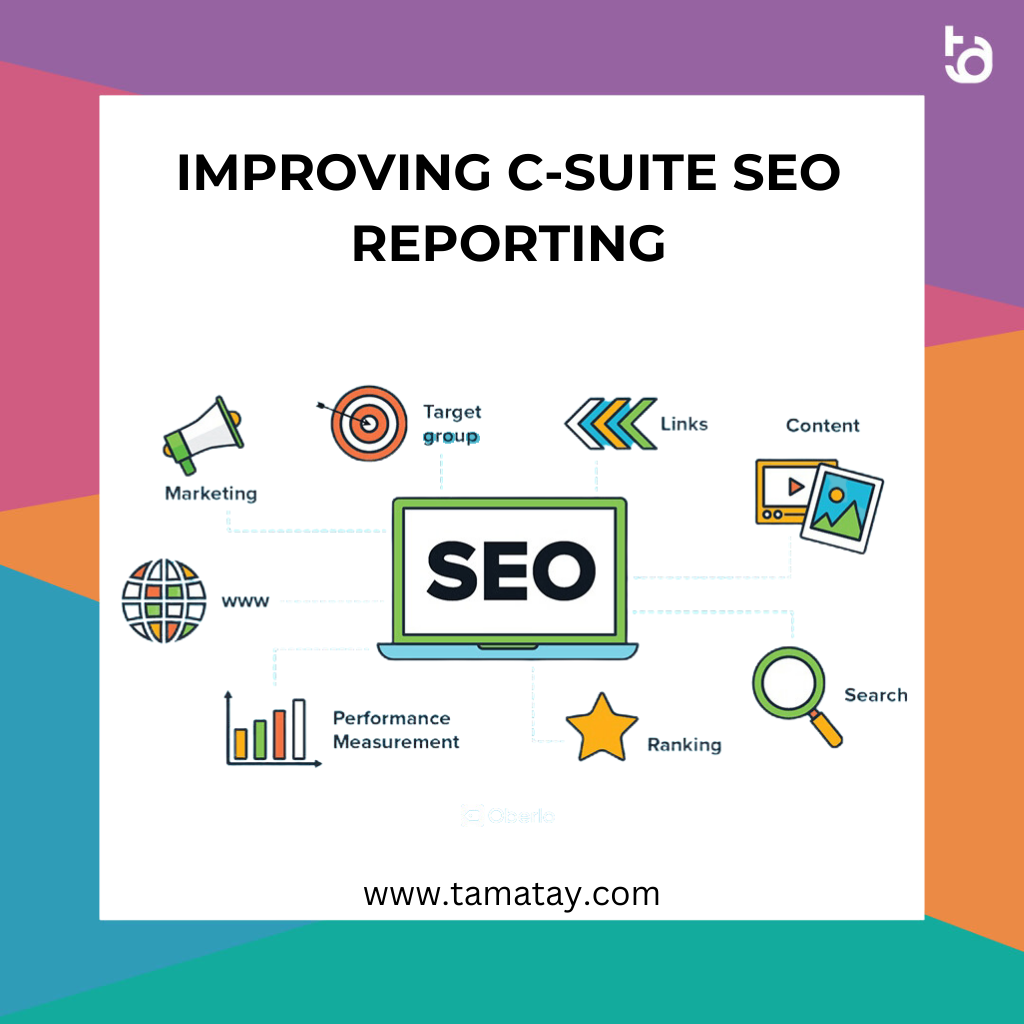Introduction
SEO reports are an integral part of any successful digital marketing strategy. They provide invaluable data on how your website is performing and how you can make improvements to improve rankings and visibility. However, the C-suite is often overwhelmed by technical jargon and statistics. The challenge then is to make SEO reports understandable, targeted and actionable for everyone in the organization. Here are some tips to make better SEO reports that the C-suite can easily digest.
Know Your Audience
Before you even begin creating a report, it’s essential to have an understanding of who you’re creating it for. The C-suite might be filled with savvy businesspeople, but they’re likely to be unfamiliar with the technical aspects of digital marketing. That means it’s usually best to stick to the basics and avoid getting into too much technical detail.
Find the Right Data
Good SEO reports should be based on data that’s relevant to your marketing goals. That means understanding which metrics you should track and how to interpret them. Popular metrics include keyword rankings, organic traffic, impressions, click-through rates and website conversions. If you’re not sure how to understand and interpret your data, make sure to research the definitions of each metric and how it can help your business.
Focus On the Big Picture
When creating an SEO report for the C-suite, it’s important to focus on the big picture. Instead of getting into the weeds with details, try to explain how your SEO efforts are making an impact on the overall business goals. Are you improving website rankings? Increasing organic traffic? Driving more conversions? Whatever the case may be, make sure to explain in plain language how your SEO efforts are helping to achieve the overall objectives of the business.
Pick the Right Metrics
Not all metrics are created equal, so it’s important to pick the right ones to include in your SEO report. It’s usually best to focus on the ones that are most likely to resonate with the C-suite, such as website conversions, keyword rankings, search engine visibility, organic traffic and website impressions.
Analyze Your Insights
Good SEO reports don’t just provide data, they also provide insights about what’s working and what isn’t. Try to provide recommendations on how to move the needle and make improvements to the website’s performance. Again, it’s important to keep the language simple and avoid using technical jargon.
Conclusion
Creating effective SEO reports for the C-suite can be challenging but it’s a necessary part of any successful digital marketing strategy. By understanding your audience, choosing the right metrics, and analyzing your insights, you can create reports that are actionable and make an impact on the overall business objectives.







